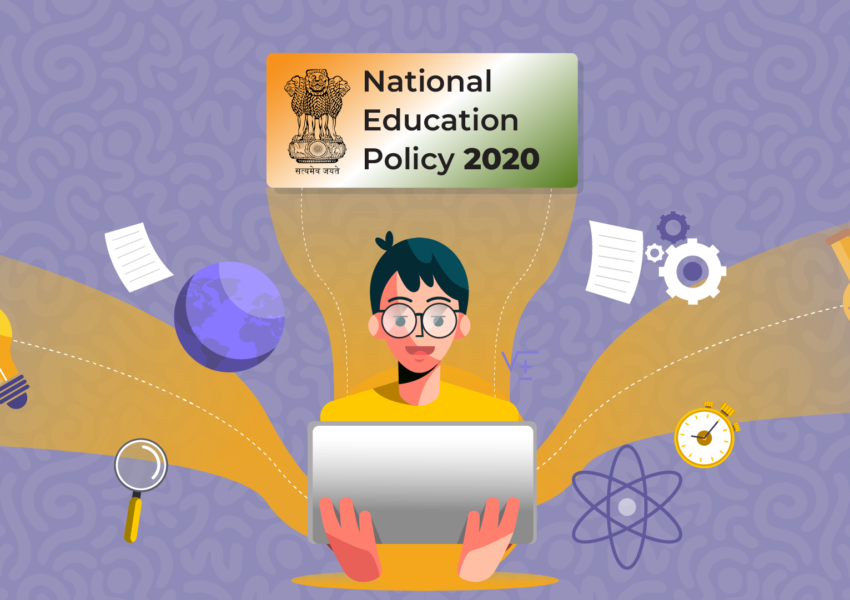
The National Education Policy (NEP) of 2020 has emerged as a visionary roadmap for transforming how we perceive and impart knowledge. One of its groundbreaking aspects is the emphasis on skill-based learning, marking a paradigm shift from traditional rote memorisation to a more holistic and practical approach. NEP 2020 envisions some critical improvements to the already lagging teaching-learning ecosystem.
Holistic Development:
NEP 2020 recognises the need to go beyond textbooks and examinations to nurture well-rounded individuals capable of meeting 21st-century challenges. The focus on skill-based learning acknowledges that academic excellence alone is insufficient. The policy encourages integrating essential life skills into the curriculum, including critical thinking, communication, collaboration, and creativity. This holistic approach aims to prepare students not just for exams but for life itself.

Vocational Education and Internships:
A significant departure from the conventional academic trajectory, NEP 2020 places a premium on vocational education and internships. The policy acknowledges the diversity of talents and passions among students, emphasising the importance of providing choices that align with their interests. By introducing vocational courses, capstone projects, and facilitating internships, the NEP envisions a seamless transition from classrooms to workplaces, equipping students with practical skills and real-world experience.
Flexibility in Curriculum:
NEP 2020 seeks to break the rigidity of the existing education system by introducing a more flexible and multidisciplinary curriculum. The aim is to allow students to choose subjects based on their interests and aptitudes, fostering a love for learning. This approach accommodates diverse talents and aligns education with the dynamic demands of the job market, ensuring that students graduate with relevant skills that make them employable in a rapidly changing world.
Technology Integration:
Recognising the transformative power of technology, NEP 2020 encourages the seamless integration of digital tools and platforms into the learning process. This not only enhances accessibility but also prepares students for the technology-driven future. By incorporating online resources, simulations, and virtual labs, the policy aims to make education more interactive and engaging, ensuring that students are not just passive recipients but active participants in their learning journey.

In conclusion, NEP 2020’s vision for skill-based learning is a beacon of hope in education, signalling a departure from traditional learning methods and embracing a future-oriented approach. By fostering holistic development, promoting vocational education, introducing curriculum flexibility, and integrating technology, the policy lays the foundation for a generation of learners equipped with the skills necessary to thrive in the complexities of the modern world. As we navigate the evolving education landscape, NEP 2020 is a testament to the commitment to redefine learning and empower students to become knowledgeable individuals and contributors to a dynamic and progressive society.